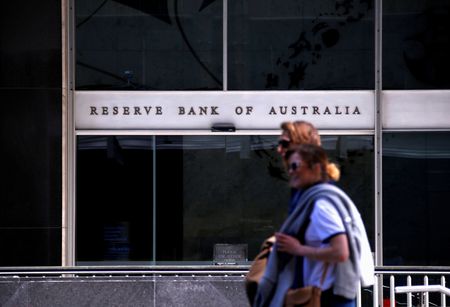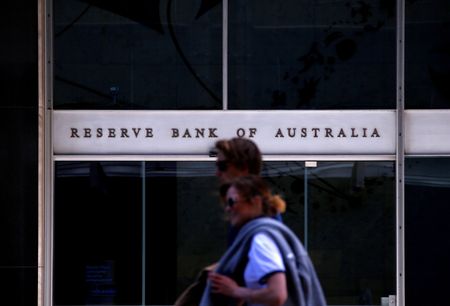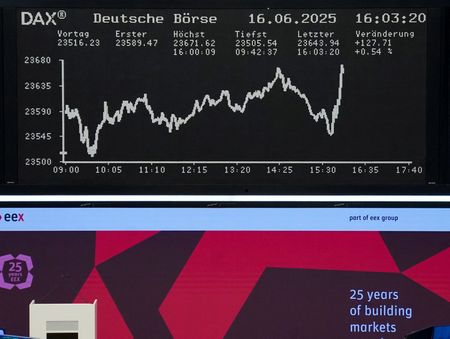SHANGHAI (Reuters) – Several Chinese regional banks have reported a jump in their investment income in the first half of the year, even as their primary lending businesses faltered, as the flailing economy and slow monetary transmission forces banks into bond trading.
WHY IT’S IMPORTANT
Chinese lenders are still facing challenges such as narrow margins and low loan rates, despite Beijing’s efforts to revive the economy amid a property sector crisis and sluggish consumption.
Rural commercial banks, whose role is to lend money to support small businesses, are now putting more money into trading bonds and other financial assets, a sign that the lenders are deviating from their original mandate.
Funds and retail investors have also been rushing into the safety of bonds, prompting warnings from authorities about a bubble in that market.
BY THE NUMBERS
Suzhou Rural Commercial Bank and Zhangjiagang Rural Commercial Bank saw their investment revenues jump 116% and 176%, respectively, in the first half of the year from same period last year, according to their financial statements.
Conversely, their net interest income – the primary revenue source – declined by 7% and 12% respectively.
Investment income now constitutes around 30% of total revenue for both banks, a sharp rise from the low teens in 2021.
The banks’ statements indicate that the main driver behind this growth in investment income is the disposal of debt investments and financial assets held for trading purposes.
KEY QUOTES
Rural commercial banks, especially those in economically weaker regions, are facing more prominent asset quality and profitability challenges, said Elaine Xu, director of Asia-Pacific financial institution at Fitch Ratings.
Loan growth for many of these banks has markedly decelerated this year due to subdued loan demand and intensifying competition from larger banks, which are increasingly dominating the lending to micro-small enterprises, said Xu.
The challenges have pushed some of them towards adopting a more aggressive stance in trading investments to counteract the ongoing squeeze on net interest margins, Xu said.
(Reporting by Shanghai Newsroom; Editing by Vidya Ranganathan and Miral Fahmy)











